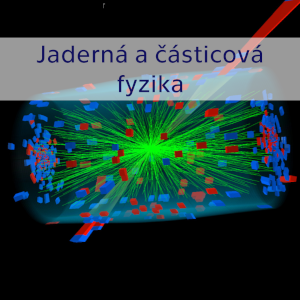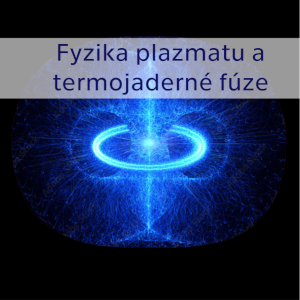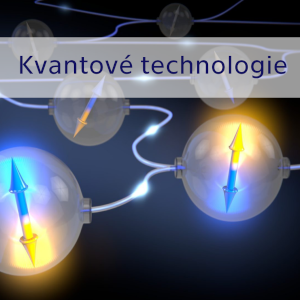The fuel density is one of the key quantities that influence the behavior of tokamak plasma. In the startup phase, the right fuel density is needed for a successful breakdown, later in the discharge it plays a role in access to good confinement regimes. Last, not least, in fusion reactors the fusion power gain is proportional to the square of the fuel density.
The time-varying first wall properties significantly influence fuel density, therefore any modern tokamak employs an algorithm that can adjust the amount of the injected fuel to keep the plasma density on desired level.
ASDEX Upgrade is the largest tokamak in EU and one of the leading devices both in physics and plasma control research. It is equipped by a set of interferometers and bremsstrahlung channels that are used to measure plasma density in real time. The existing density control algorithms actuate on the amount of injected gas or pellets.
The weakness of the existing control algorithms using gas injection is that they do not react adequately in scenarios with higher density. Within the bachelor thesis, the student should analyze the reason for this using the existing data and propose a solution that can be used to fix this issue. Within the research project and master thesis, the student should continue by verifying the proposed solution first using simulation in the AUG flight simulator and in dedicated experiments.
The work will be supervised from a lab located in Munich, Germany. Several short visits are foreseen within the work on bachelor thesis and research project. The student should stay for several months for the master thesis. The candidate is also highly encouraged to take a basic course on feedback control.
It is expected that the candidates are capable to communicate in English.





